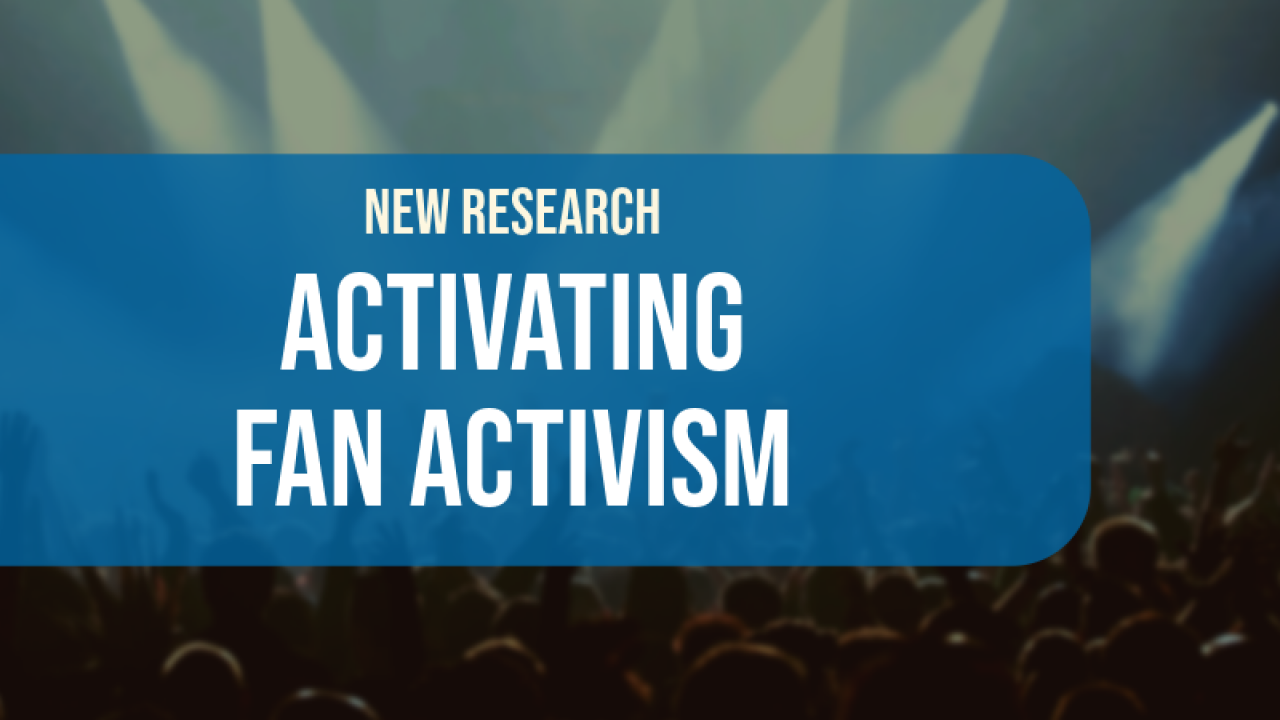March 01, 2024
Learning from the UN's sustainability communication partnership with BTS

By Baobao Song, Virginia Commonwealth University, and Minhee Choi, Texas Tech University
On September 20, 2021, the United Nations (U.N.) held its 76th annual General Assembly in a hybrid format, featuring in-person and online participation. The event received special attention because of BTS, a seven-member South Korean boy band. During the assembly, over one million fans worldwide joined the live online event as BTS delivered a seven-minute speech at the U.N. headquarters on climate change, digital community, and other U.N. Sustainable Development Goals (SDGs), emphasizing their relevance to the young generation.
The event recording has accumulated almost 7 million views on the U.N.’s YouTube channel by the end of 2021.
Using celebrity endorsements in marketing dates back to the 1930s. Partnerships between celebrities and nonprofit organizations (NPOs) are well-established social marketing strategies in the public sector. Numerous examples can be found in the current U.S. nonprofit sector, including partnerships between Jennifer Aniston and St. Jude’s Children’s Hospital and Angelina Jolie and the USA for UNHCR.
BTS’s advocacy for climate change actions and their engagement with the U.N. SDGs present an unprecedented opportunity for us to empirically study the role of celebrity influence in socially oriented communications. This project untangles the complexities of celebrity–NPO partnerships. It examines the four-way relationships among the celebrity, NPO, social cause, and fandom. It also quantifies the partnership outcomes in terms of individual beliefs and attitudes toward causes as well as resulting online and offline advocacy behaviors.
We conducted in-depth interviews with South Korean and American BTS fans and issue advocates who are not BTS fans and two online surveys among American BTS fans. Our project offers practical insights for organizations seeking effective sustainability and advocacy communication with fandom communities. Organizations can utilize the interdependence between fans and celebrities to amplify their messages, causes, and initiatives through participatory fandom culture. The presence of strong interdependence within the fandom community is crucial to consider when selecting partner celebrities and fandoms.
Furthermore, when NPOs collaborate with celebrities, they should work with those whose values resonate with their advocated causes. Authenticity plays a vital role in amplifying fan support for meaningful social causes. NPOs’ strategic communication should focus on enhancing authenticity in their collaborations by strategically leveraging different types of partnerships and selecting celebrities genuinely committed to the cause.
This strategic approach not only contributes to the success of individual campaigns but also strengthens the overall relationship between the celebrities, NPOs, and their fandoms, fostering sustained engagement and impact.
This project helps various organizations understand how to achieve their sustainability communication goals by effectively partnering with celebrities and engaging celebrity fandoms. It aligns with the Page Sustainability Grant’s objectives by highlighting engagement with specific audiences in sustainability communication (e.g., celebrity fans), contextualizing sustainability communication within the nonprofit sector, and measuring the impact of sustainability communication, including fan activism behaviors and other indicators.
This project also advances the Page Center’s mission by exploring effective partnership strategies to elevate the social impact of sustainability communication in NPOs.
For further information on this study, please email Song at bsong@vcu.edu. This project was supported by a 2022 Page/Johnson Legacy Scholar Grant from the Arthur W. Page Center.
